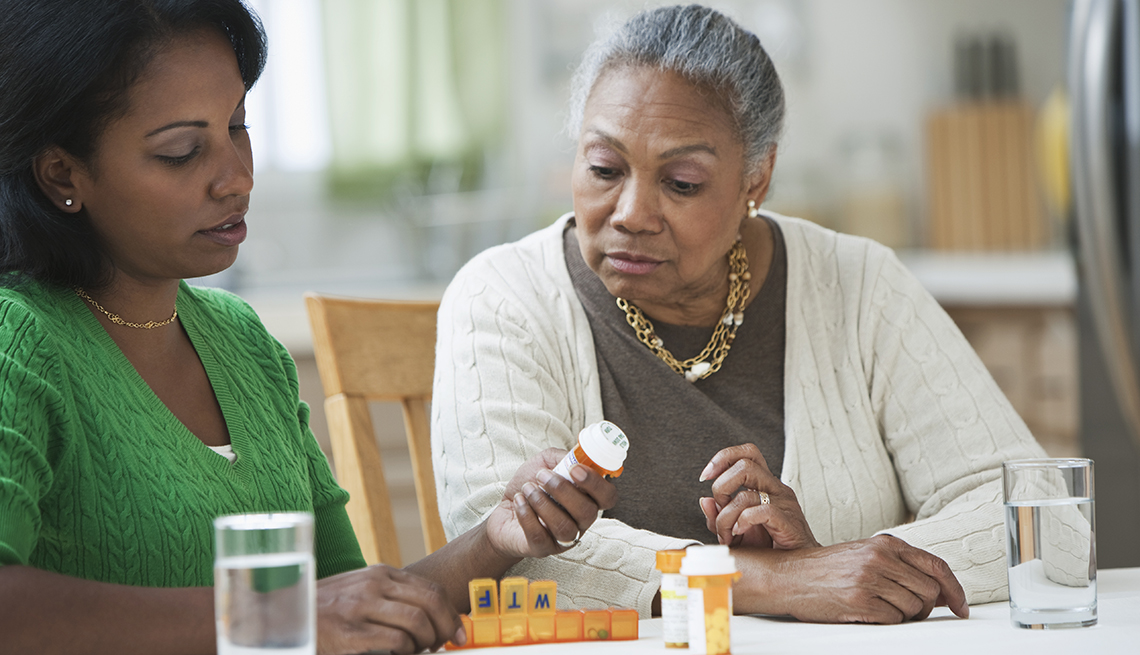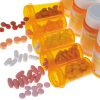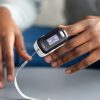- Empty cart.
- Continue Shopping
The Role of Caregivers in Medication Safety

Medication safety is a critical aspect of healthcare, especially for individuals who require assistance with managing their medications. Caregivers play a vital role in ensuring that medications are taken correctly and safely, as medication errors can have serious consequences.
Understanding the Role of Caregivers
Caregivers, whether they are family members, healthcare professionals, or home health aides, have several important responsibilities related to medication safety:
- Medication Administration: Caregivers are often responsible for administering medications to their patients or loved ones. This includes ensuring the correct medication is given at the right time and in the proper dosage.
- Medication Storage: Caregivers must store medications safely to prevent exposure to heat, moisture, or light, which can affect their potency and safety.
- Medication Organization: Keeping track of multiple medications can be challenging. Caregivers must organize medications and maintain a clear schedule to avoid missed doses or double dosing.
- Monitoring for Side Effects: Caregivers should be vigilant in monitoring for potential side effects or adverse reactions to medications and report any concerning symptoms to healthcare providers.
- Communication: Effective communication between caregivers, patients, and healthcare professionals is crucial. Caregivers should be able to ask questions, seek clarification, and provide feedback on medication effectiveness.
Practical Tips for Medication Safety
- Education: Caregivers should receive thorough training on medication administration and safety. This includes understanding the purpose of each medication, potential side effects, and proper administration techniques.
- Create a Medication List: Maintain an up-to-date list of all medications, including prescription and over-the-counter drugs, supplements, and vitamins. Include the medication name, dosage, schedule, and the reason it is prescribed.
- Use a Medication Organizer: Consider using a pill organizer with compartments for each day of the week or time of day. This can help prevent confusion and ensure that medications are taken as prescribed.
- Double-Check Medications: Before administering any medication, double-check the label to ensure it matches the prescription. Confirm that the dosage is correct and that it hasn’t expired.
- Follow Medication Instructions: Always follow the medication instructions provided by healthcare professionals. If there are any questions or concerns about the medication regimen, don’t hesitate to seek clarification.
- Stay Organized: Establish a routine for medication administration. Use alarms or reminders if needed to ensure that doses are not missed.
- Storage: Store medications in a cool, dry place away from direct sunlight. Some medications may require refrigeration, so be sure to follow storage instructions.
- Dispose of Expired Medications: Periodically review the medication list and dispose of any expired or unused medications properly. Many pharmacies offer medication disposal services.
- Keep Records: Maintain a record of when each medication was administered, including the date and time. This can be valuable information for healthcare providers.
- Report Changes: If there are changes in the patient’s condition or if they experience new symptoms while taking medications, report these changes to the healthcare provider promptly.
- Advocate for Medication Reviews: Periodically request medication reviews with healthcare providers to assess the continued need for medications and potential interactions.
- Emergency Information: Have a list of emergency contacts, including the primary healthcare provider, pharmacy, and poison control center, readily available.
In Conclusion, Caregivers play a pivotal role in medication safety, ensuring that individuals receive their medications correctly and effectively. Effective communication, education, organization, and vigilance are key elements of successful medication management. By following best practices and maintaining open lines of communication with healthcare providers, caregivers can contribute to the well-being and safety of those under their care.








